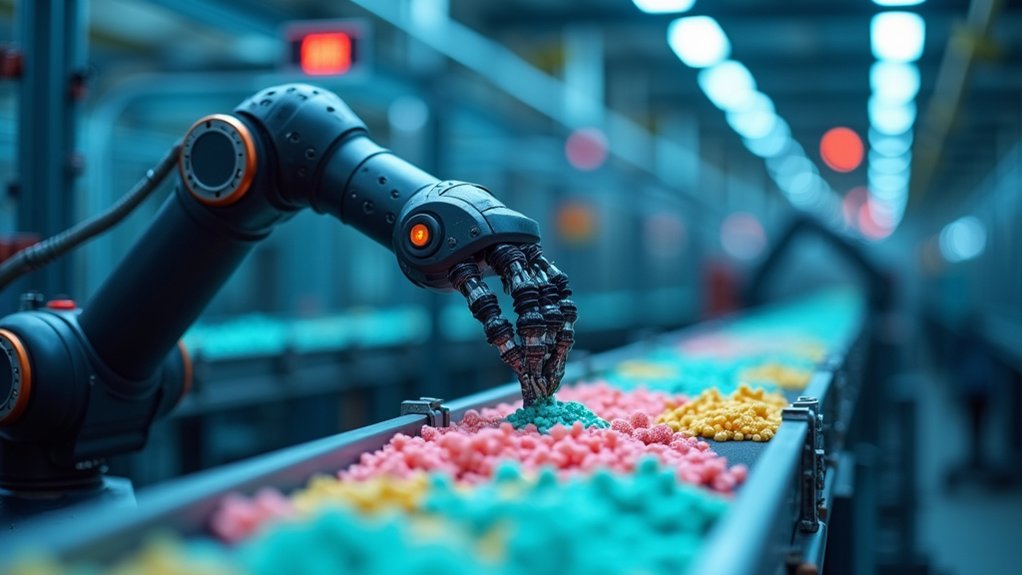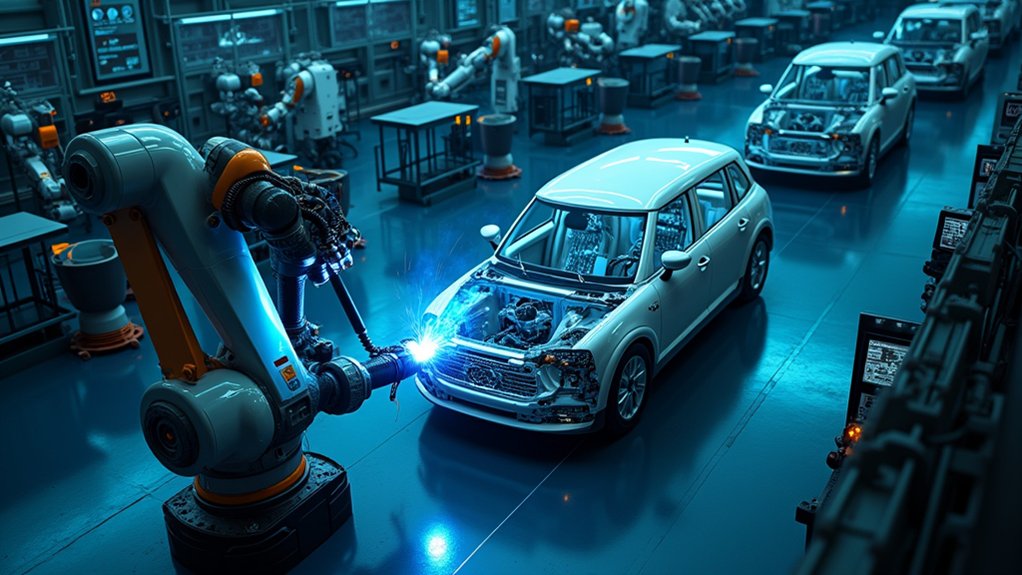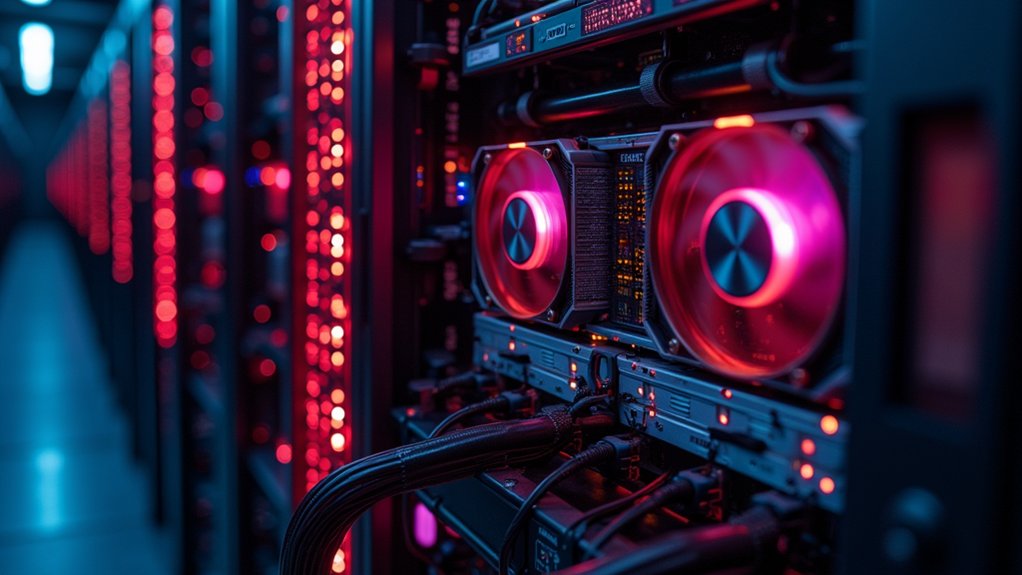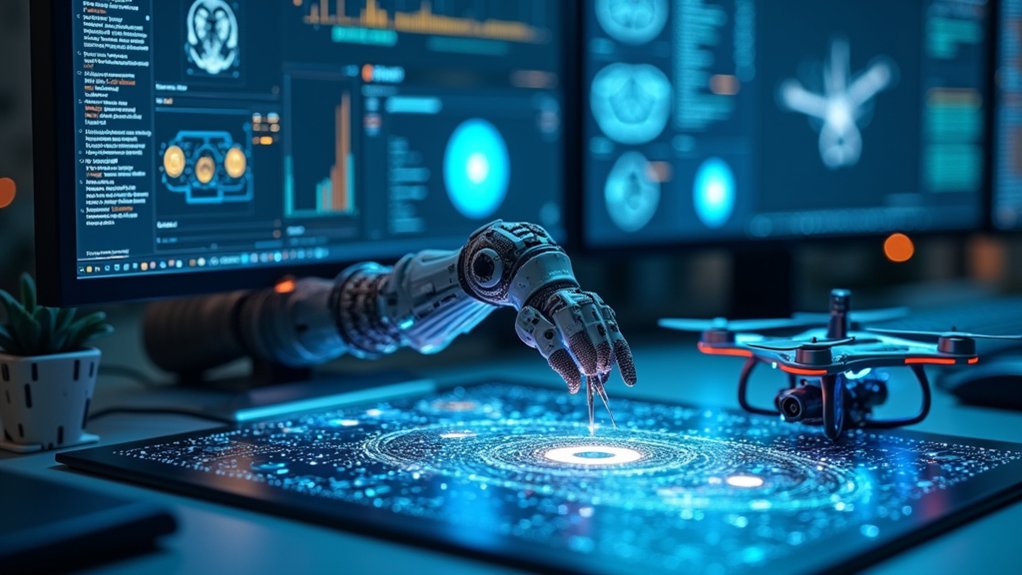Narrow AI, also called Weak AI, is technology designed to perform specific tasks rather than demonstrate general intelligence. It powers everyday tools like Siri, recommendation systems, and self-driving cars. These systems excel at defined functions but can't transfer knowledge between different domains or understand beyond their programming. Narrow AI increases efficiency and reduces errors in specialized applications. The technology continues to evolve with advancements in machine learning and deep neural networks.

The workhorses of today's technological revolution, narrow AI systems, are changing how people interact with computers and machines. These systems, also called Weak AI or Artificial Narrow Intelligence (ANI), are designed for specific tasks rather than general intelligence. Unlike science fiction depictions of AI, narrow AI lacks consciousness and can't think beyond its programmed parameters.
Narrow AI excels at single, well-defined functions within limited domains. Despite its sophistication, narrow AI lacks generalization ability across different domains or tasks. It can't transfer what it learns from one task to another. For example, an AI that plays chess can't use that knowledge to drive a car or write music. These systems depend heavily on the data they're trained with and don't truly understand or reason about what they're doing.
Many people use narrow AI daily without realizing it. Virtual assistants like Siri, Alexa, and Google Assistant are prime examples. Other applications include image recognition, speech recognition, recommendation systems on Netflix and Amazon, self-driving vehicles, and fraud detection tools used by banks. In healthcare, narrow AI delivers personalized treatment plans that improve patient care while potentially reducing costs.
These systems rely on technologies including machine learning algorithms, deep learning neural networks, natural language processing, computer vision, and rule-based expert systems. Each approach helps the AI perform its specialized task efficiently.
Businesses value narrow AI for its efficiency, accuracy, and cost-effectiveness. These systems reduce human error in repetitive tasks and continuously improve as they analyze more data. Narrow AI represents a significant intellectual achievement in innovation, offering relief from repetitive and time-consuming tasks that humans previously had to perform. They often outperform humans in their specific domains while freeing people to focus on more creative work.
Despite these advantages, narrow AI faces significant limitations. It lacks common sense, can't generalize knowledge, and may inherit biases in training data. Security, privacy, and ethical concerns also present ongoing challenges for developers and users.
Looking ahead, narrow AI will likely integrate with emerging technologies like the Internet of Things and 5G networks. As it expands into new industries, researchers are working to make these systems more explainable and interpretable.
While narrow AI isn't conscious, it represents an important step toward more advanced forms of artificial intelligence.
Frequently Asked Questions
Can Narrow AI Develop Emotions or Consciousness?
Current research shows narrow AI cannot develop genuine emotions or consciousness.
These systems are designed for specific tasks and lack the general intelligence needed for self-awareness.
While some AI can simulate emotional responses through pattern recognition, experts explain these are programmed reactions, not real feelings.
Scientists continue studying emotional intelligence in AI, but true consciousness remains a distant possibility not achievable with today's narrow AI systems.
Is Narrow AI the Same as Machine Learning?
Narrow AI and machine learning aren't the same thing.
Machine learning is actually a subset of narrow AI. While machine learning focuses on systems that improve through experience with data, narrow AI has a broader scope.
It includes machine learning but also incorporates other techniques like rule-based systems and expert systems. Both aim to solve specific tasks, but narrow AI doesn't always require learning from data.
What Ethical Concerns Surround Narrow AI Implementation?
Ethical concerns about narrow AI implementation include bias and discrimination in automated decisions, privacy risks from data collection, lack of transparency in "black box" systems, and potential job displacement.
These systems can make unfair judgments, especially against marginalized groups. They're also difficult to explain when things go wrong.
Companies must address these issues through better oversight, diverse training data, and responsible deployment practices.
How Secure Is Narrow AI Against Hacking?
Narrow AI systems face significant security challenges.
They're vulnerable to various hacking methods including adversarial attacks, data poisoning, and prompt injection.
Hackers can manipulate input data to trick AI systems or steal sensitive information through model inversion attacks.
While security measures like robust data validation and adversarial training exist, experts note that AI technologies often evolve faster than their security protocols.
Many systems lack standardized protection against emerging threats.
Will Narrow AI Eventually Replace All Human Jobs?
Narrow AI won't likely replace all human jobs. Current data shows 14% of workers have been displaced so far, with projections suggesting 300 million jobs could be affected by 2030.
While administrative and routine cognitive roles face high automation risk, AI is expected to create 97 million new jobs by 2025.
The technology will transform work, requiring new skills rather than eliminating human employment entirely.









